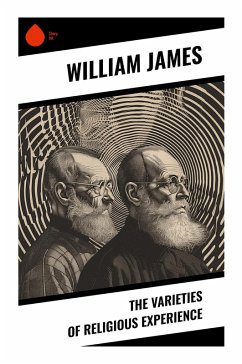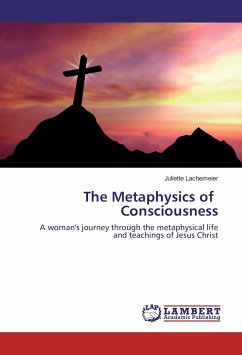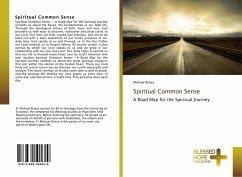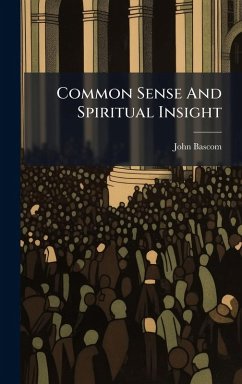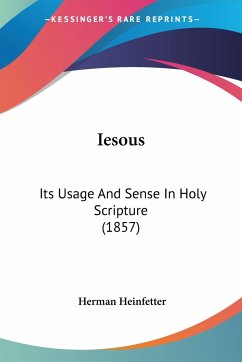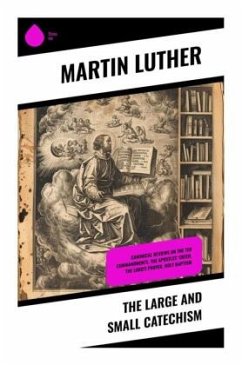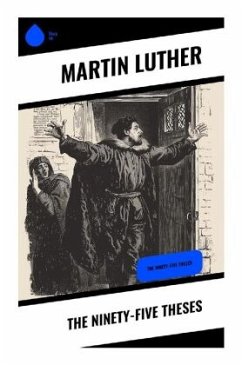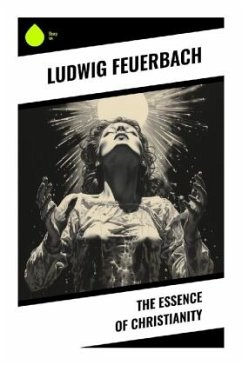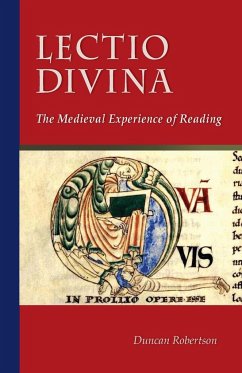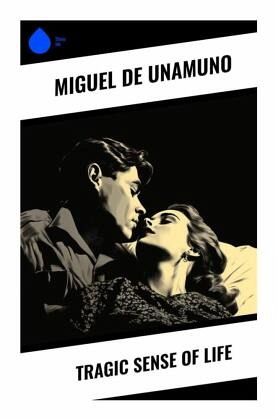
Tragic Sense of Life
Versandkostenfrei!
Versandfertig in 6-10 Tagen
11,90 €
inkl. MwSt.

PAYBACK Punkte
0 °P sammeln!
In "The Tragic Sense of Life," Miguel de Unamuno explores the profound existential dilemmas that characterize human existence, intertwining philosophical inquiry with poetic prose. Through a blend of introspective essays and impassioned discourse, Unamuno articulates the tension between the yearning for immortality and the acceptance of life's inherent transience. His literary style, marked by passionate rhetoric and a deeply personal voice, places this work within the context of the early 20th-century Spanish Generation of '98, a movement grappling with questions of identity and purpose in a ...
In "The Tragic Sense of Life," Miguel de Unamuno explores the profound existential dilemmas that characterize human existence, intertwining philosophical inquiry with poetic prose. Through a blend of introspective essays and impassioned discourse, Unamuno articulates the tension between the yearning for immortality and the acceptance of life's inherent transience. His literary style, marked by passionate rhetoric and a deeply personal voice, places this work within the context of the early 20th-century Spanish Generation of '98, a movement grappling with questions of identity and purpose in a rapidly changing world. Unamuno, a prominent figure in Spanish literature and philosophy, was shaped by the socio-political upheavals of his time, including Spain's declining empire and the existential crises that accompanied it. His dual role as both a writer and a university rector allowed him to foster a critical dialogue about faith, doubt, and the meaning of life. This exploration of the human condition reflects Unamuno's own struggles with faith and intellectual honesty, making his insights particularly resonant in contemporary discussions of existentialism. This book is essential reading for anyone interested in the intersections of philosophy, literature, and personal introspection. Unamuno's poignant examination of the tragic elements of life invites readers to confront their own existential questions, offering a timeless reflection that may illuminate their understanding of the human experience.



